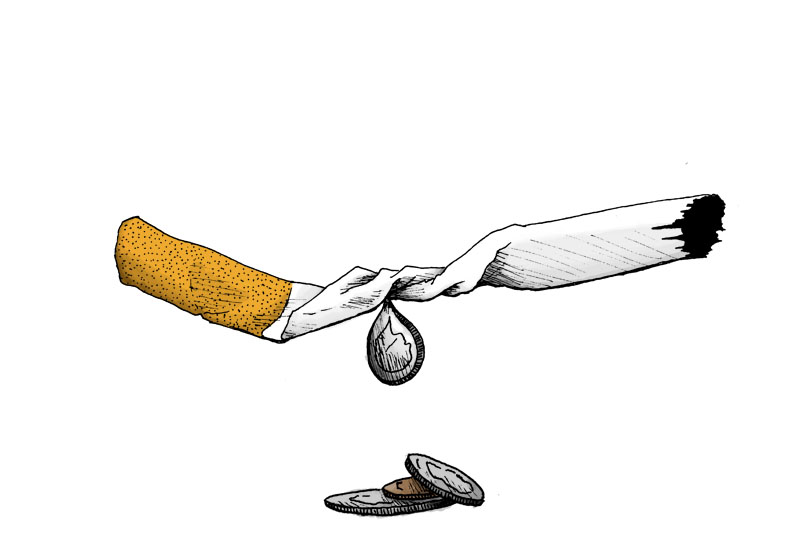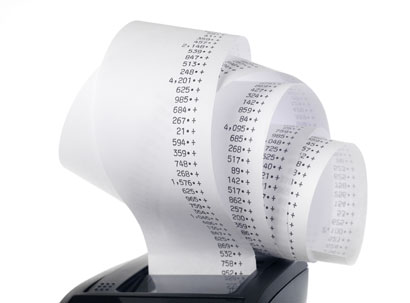Cigarettes – and alcoholic, energy and soft drinks – are going to be more expensive in Oman from June with the imposition of a new national tax, according to a story in The Times of Oman.
‘The Selective Goods Tax Law comes as a result of the Gulf Co-operation Council (GCC) Standard Agreement on Selective Tax, issued in 2016 by Saudi Arabia, the United Arab Emirates, the Kingdom of Bahrain and the State of Qatar,’ the Government Communication Center was reported to have said on Wednesday in a statement.
‘This tax shall be levied on goods that have [caused] damage to public health or the environment in varying proportions.
‘Selective taxation seeks to achieve a set of objectives, the most important of which is the promotion of healthy lifestyles, the treatment of negative phenomena and practices through the amending of the consumption pattern of individuals, and [the provision of] an additional resource for public finances through the possibility of the tax revenues collected to promote health and social services.’
The additional tax will increase the price of certain products, including tobacco, by 100 per cent.









